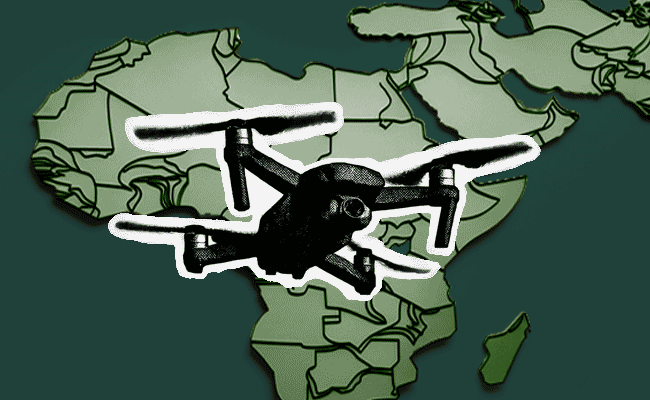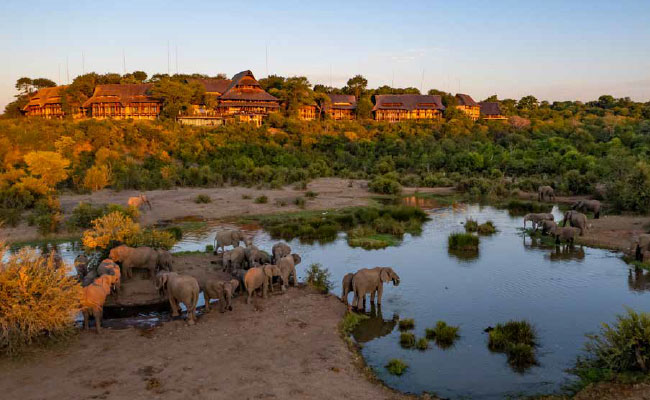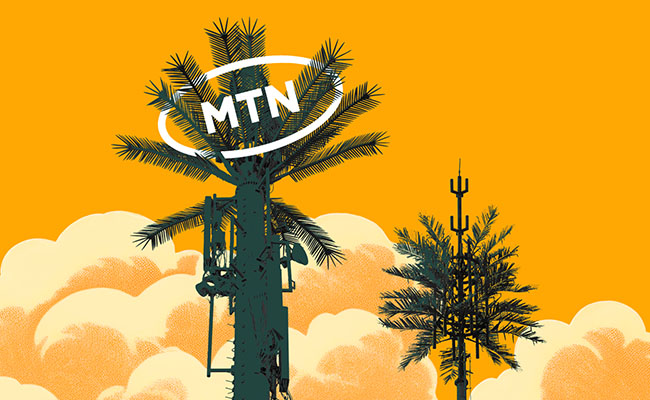When South Africa hosts the G20 meeting in November, the official script will be familiar: infrastructure gaps, food security, climate risk, and Africa’s rightful place at the global table. But between the predictable communiqués and staged handshakes, one story deserves more attention than it will likely get: how drones are quietly leapfrogging Africa past the old development bottlenecks.
For much of the world, “drone” still summons images of war or surveillance. Think of the Ukrainian woman who famously felled a Russian drone with nothing more than a tin of tomatoes. Africa’s story is different. Here, civilian drones are not weapons but lifelines, bridging impossible roads, delivering blood in minutes, and mapping farms for harvests that might otherwise fail.
No company embodies this pivot more than Zipline, the California start-up that launched in Rwanda in 2016. What began as an experiment delivering blood to one hospital now services 4,500 health facilities across five countries. Their autonomous drones land in villages where no ambulance or truck can go, a logistical miracle built on a simple philosophy: faster, cheaper, cleaner.
The data speaks volumes. A University of Pennsylvania study found that maternal mortality rates in Rwanda dropped by 51% thanks to drone deliveries; Ghana showed a 56% improvement. This is Toyota’s “just-in-time” manufacturing reimagined for public health: blood and vaccines ordered when needed, delivered before refrigeration even becomes an issue.
Even better, the jobs created are local and skilled, the kind of salaried technical work Africa craves. Zipline’s African operations are staffed entirely by local engineers and operators. Drones are not just delivering medicine; they’re delivering new career paths.
Producing more, for less
The agricultural frontier is just as striking. Africa holds 60% of the world’s arable land, yet struggles with food insecurity. Precision farming, powered by drones, is rewriting that script.
South African start-up Aerobotics, born out of the University of Cape Town, epitomises this shift. By marrying aerial surveys with AI, Aerobotics gives fruit farmers a tool to make the “unknowable measurable”. High-resolution crop scans reveal pests and diseases before they spiral out of control; drones then deliver targeted remedies. For smallholders, this means survival. For commercial farmers, it means scaling efficiently in a global market.
The obstacles remain. Regulation is patchy, often slow, and shaped more by fear of military drones than recognition of their civilian potential. Infrastructure – ironically the very problem drones help to solve – also constrains adoption. Public perception too lags behind, where suspicion can kill innovation before it takes off.
Yet the opportunity is glaring. Unlike roads, rails and ports, drones require minimal physical infrastructure. Unlike diesel trucks, they generate zero emissions. Unlike many development fads, they already have measurable, documented impact.
This is why drones should be on the G20 agenda – not as a tech novelty but as a development paradigm. Africa does not need sympathy or slogans. It needs recognition of its role as an incubator of frontier solutions. If the G20 is serious about inclusive growth, drones belong in the same conversation as debt relief, trade access and climate financing.
Because here’s the quiet truth: drones are not just delivering blood and monitoring crops. They’re delivering an alternative future – faster, cheaper, cleaner and home-grown. And if the G20 isn’t paying attention, it may miss one of the most significant African success stories of this decade.
Top image: Rawpixel/Currency collage.
Sign up to Currency’s weekly newsletters to receive your own bulletin of weekday news and weekend treats. Register here.














